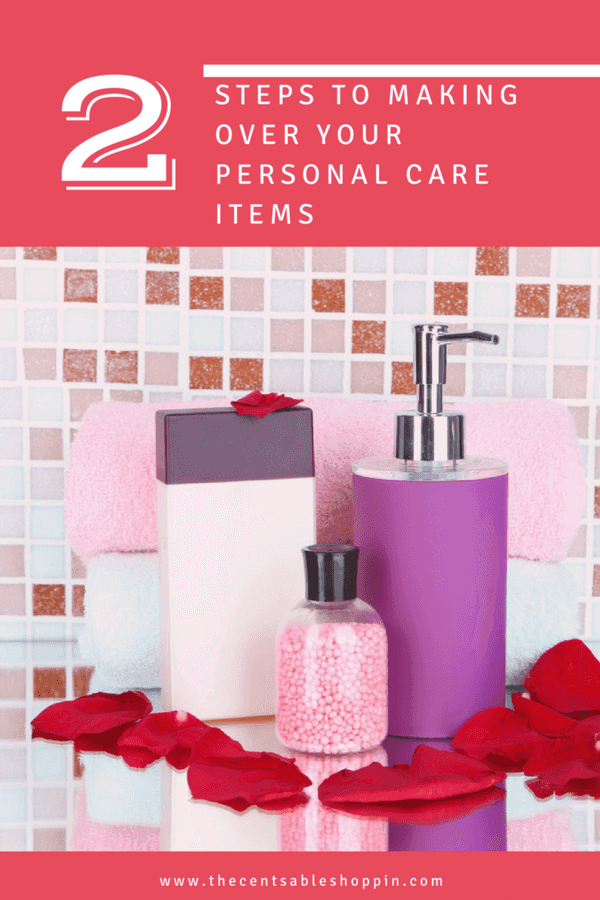
How many of us really know the ingredients of the products we use each and every day when we shower, or take a bath. Or as we prepare for work… as we get ready to go out in public.
Do you really know what you are using on your children? What your teenagers are putting on their body as they get ready for school? Or what you put on your smallest baby when you give him or her a bath?
Just this past year, a 62-year old woman named Jacqueline Fox died of ovarian cancer. Her family made a civil suit against Johnson and Johnson stating that she used their baby powder as part of her feminine hygiene for years…her lawyers accused Johnson & Johnson as the cause of her cancer. They also held J&J liable negligence and fraud.
And while many people may brush off the civil suit and mention that there isn’t any “scientific” proof that the talc was related to cancer, one of the most worrisome parts of the ordeal was when an internal memo was presented to the court as a piece of evidence.
That memo was an internal document from the Johnson and Johnson medical consultant that states that anyone who denies the risks between hygenic talc use and ovarian cancer would be perceived in the same as those denying that smoking cigarettes can lead to cancer.
We might not be involved with the civil suit — so why should we worry about this at all?
If anything, it’s a reminder to all of us, that perhaps consumers are not in full realization of exactly what we are putting on and in our bodies. From all of the beauty products, body wash, scrubs, facial cleansers, cosmetic products, and shave cream. Do you read the product labels?
Sure, the labels all give a laundry list of all the individual ingredients that make up the product. Unfortunately the small print doesn’t really exactly scream “turn me around and read me!” – not to mention most people have no idea what all those chemicals are. Moreover, companies convince you to buy that through flashy marketing campaigns, and by slapping the word “natural”……reformulated, bigger size! 30% more! and terminology that appeals to the consumer.
Coupons that come out in the Sunday paper might make the item free now, or over the next few weeks – in the meantime, the personal care industry sees very little regulatory guidance.
If you are looking to give your personal products in your bathroom a makeover and you aren’t sure where to start.. here are a few tips:
#1 – Stop Buying that Stuff
Sure, it might have been FREE with coupons, but why buy, especially when you know that there is somewhat of a risk in the items in terms of your health.
Their multimillion dollar marketing campaigns are there to get you to open your wallet. Admit that you don’t need even remotely half of all those items. toners, any of the 1,001 razors they market, the hundreds of different facial serums that are all packaged slightly different… soaps for your face, hands, feet, or body.. ask yourself if you really need all those different items. The less you purchase, the more you save your skin from those questionable products.
#2 – Make your Own
Make as much as you can yourself – and we have mentioned many ways to do that.
- Toothpaste
- Shampoo
- Conditioner
- Scrubs
- Hair Detangler
- Body Wash HERE and HERE
- Baby Wash HERE
- Foaming Hand Soap
- Hair Pomade
- Hair Gel
- Body Butter
- Mouth Rinse
- Lip Balm
- Makeup Remover
- Facial Cleanser
Creating your own items gives you ultimate control over what you put in and on your body.
For those of you who throw your hands up and say you won’t ever be found making your own things, then reference the Environmental Working Group’s site to see what harmful ingredients might be in the products you are purchasing.
Think the EWG is Biased?
Although the EWG is comprehensive and a great resource, there will always be those who believe them to be biased – the bottom line is that you need to have quick and accurate information about the products you use to make informed decisions on what you purchase daily or weekly.
We cannot blindly believe that our government, food companies and cosmetics companies have our best interests at heart – if that was the case, our country wouldn’t be skyrocketing into phenomenal figures for health problems that may very well be contributed by the products we use and food we eat. Keeping you sick is big business for them.
Unless our government, society, doctors and scientists start working for solutions to health and take the focus OFF wealth, we will continue to see a lack of regulation when it comes to food, and cosmetics. Scientific studies might show that they are not harmful, but many of the scientific studies are also generously funded by the same companies that are manufacturing the products.
Many of these products in store contain harmful and potentially toxic ingredients – including parabens, triclosan, sodium lareth sulfate, and formaldehyde releasing ingredients. Why risk ANY chance at harmful ingredients that might affect your body or your kids, when you can make items cheaper yourself.




Leave a Reply
You must be logged in to post a comment.